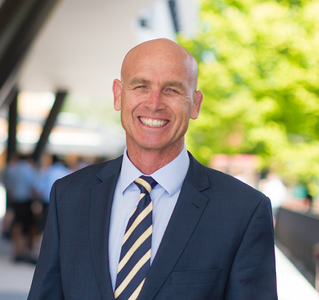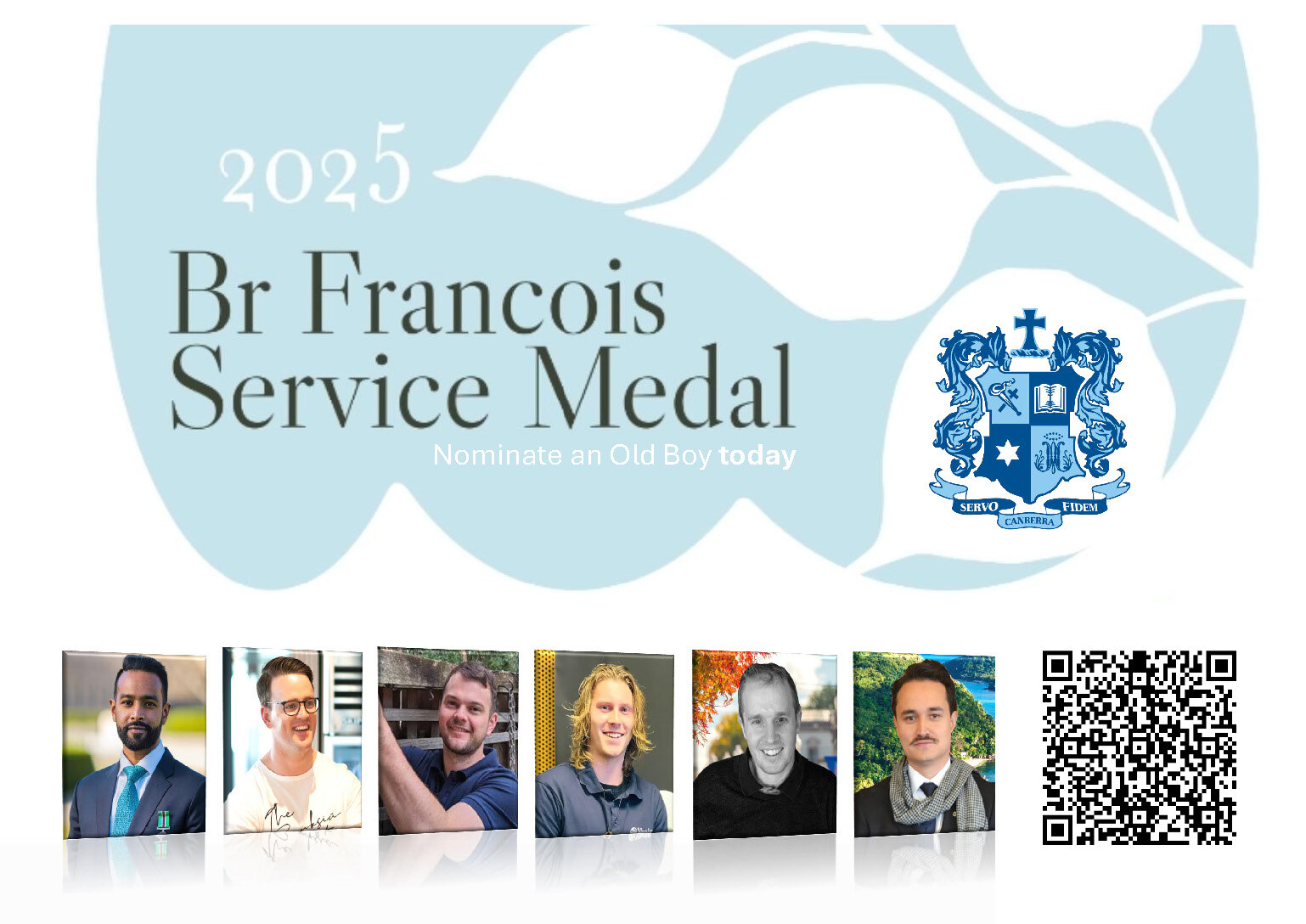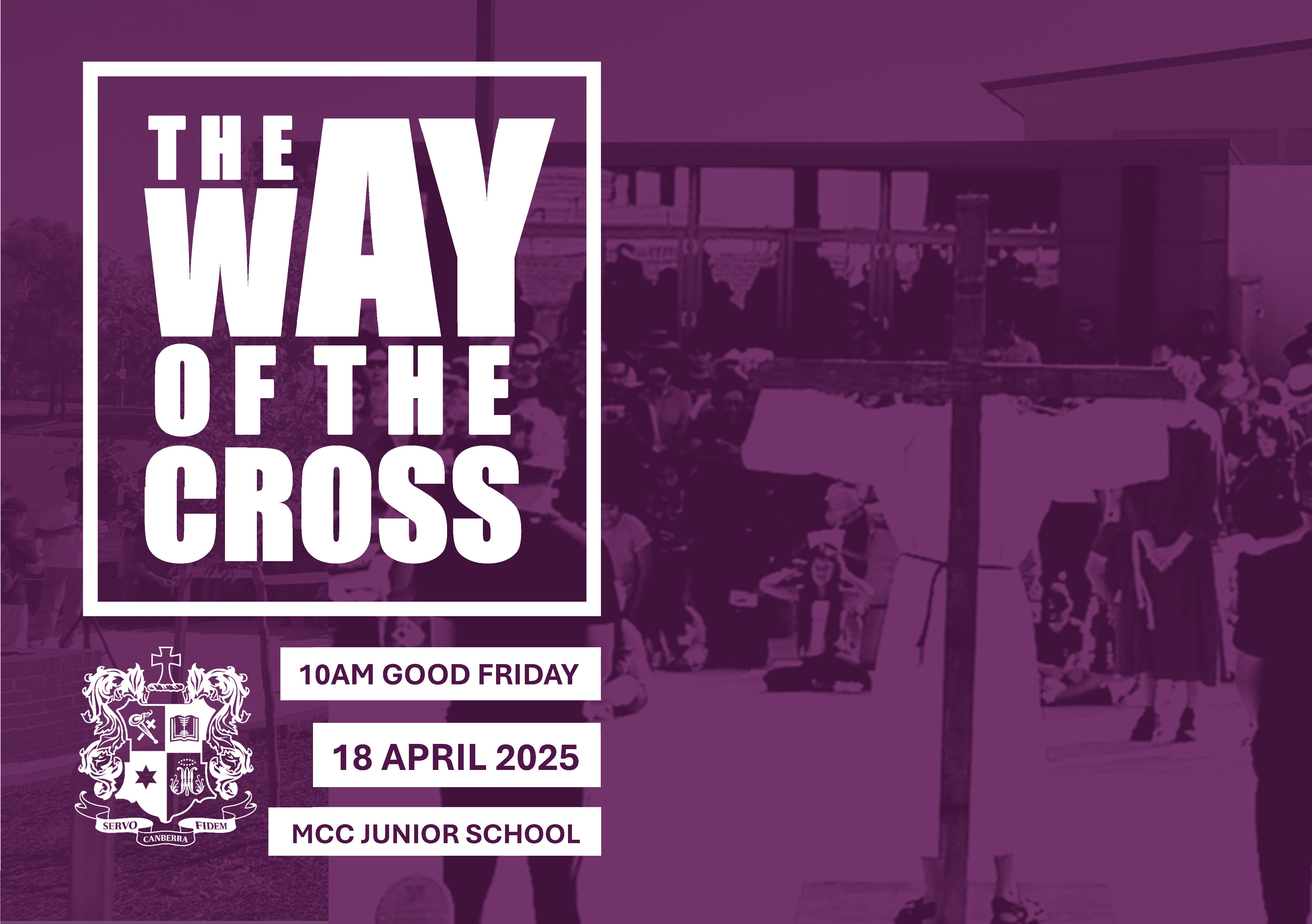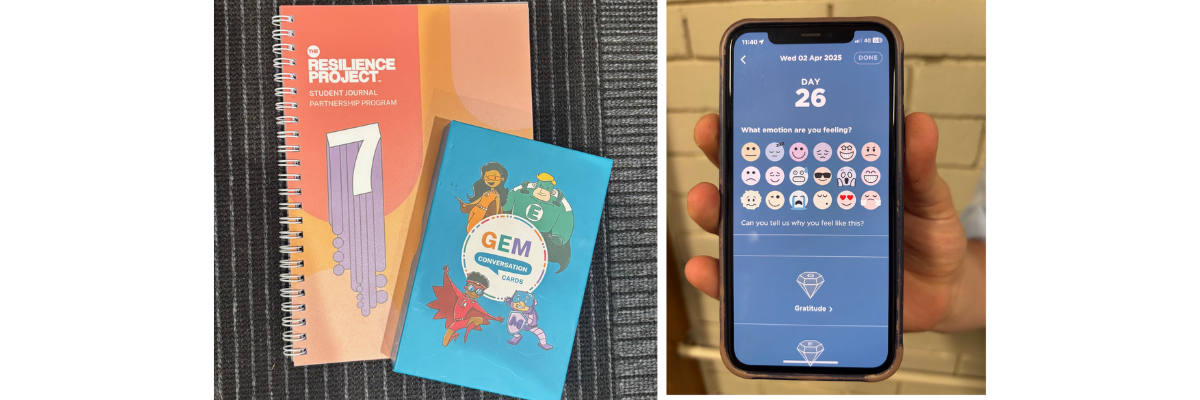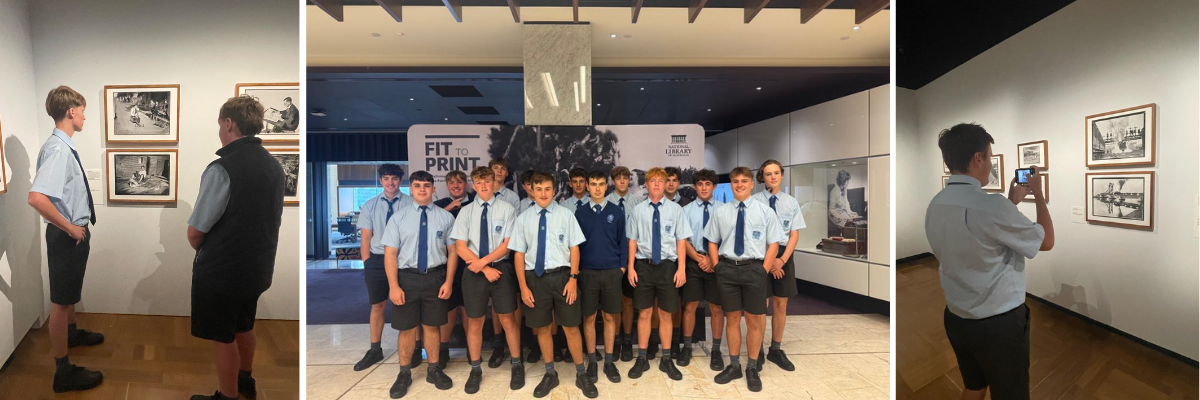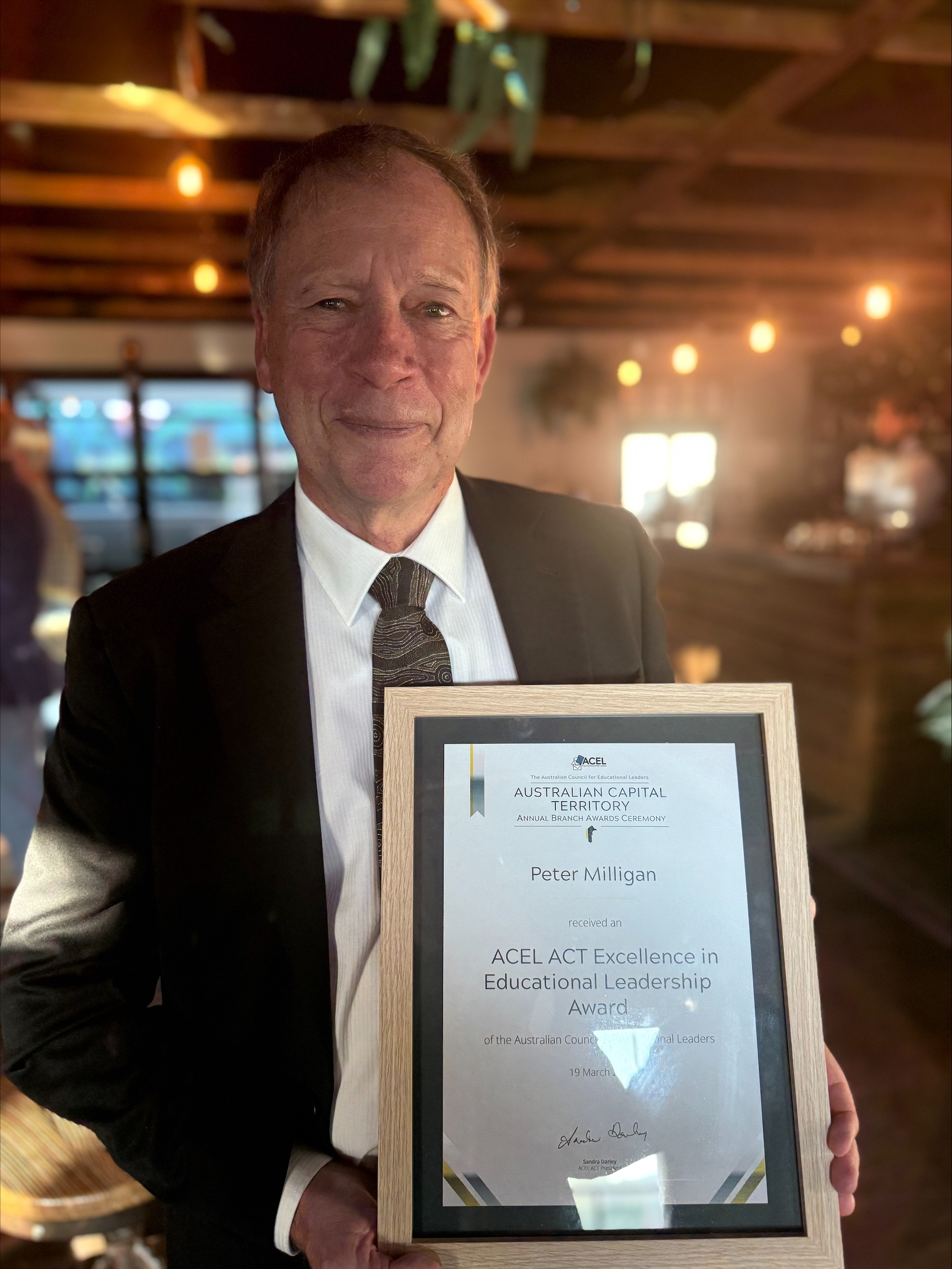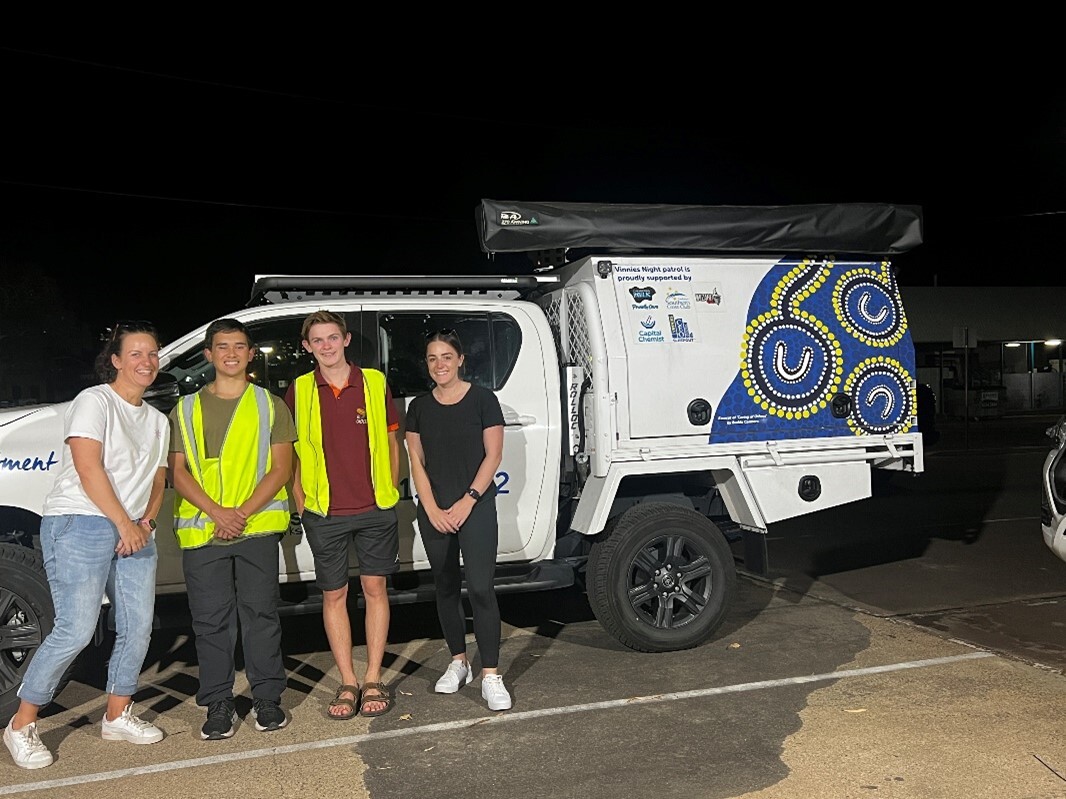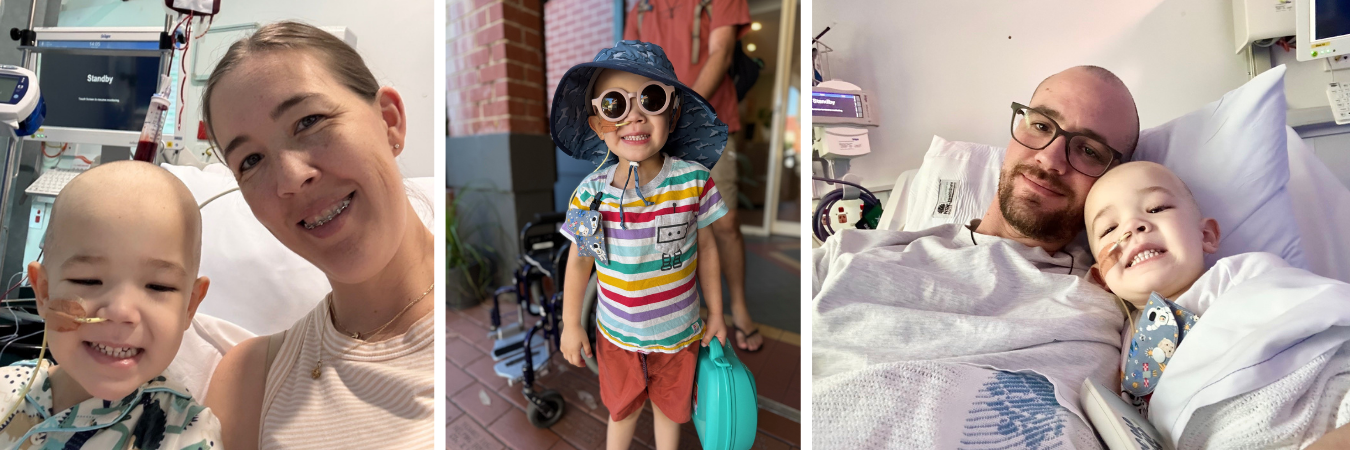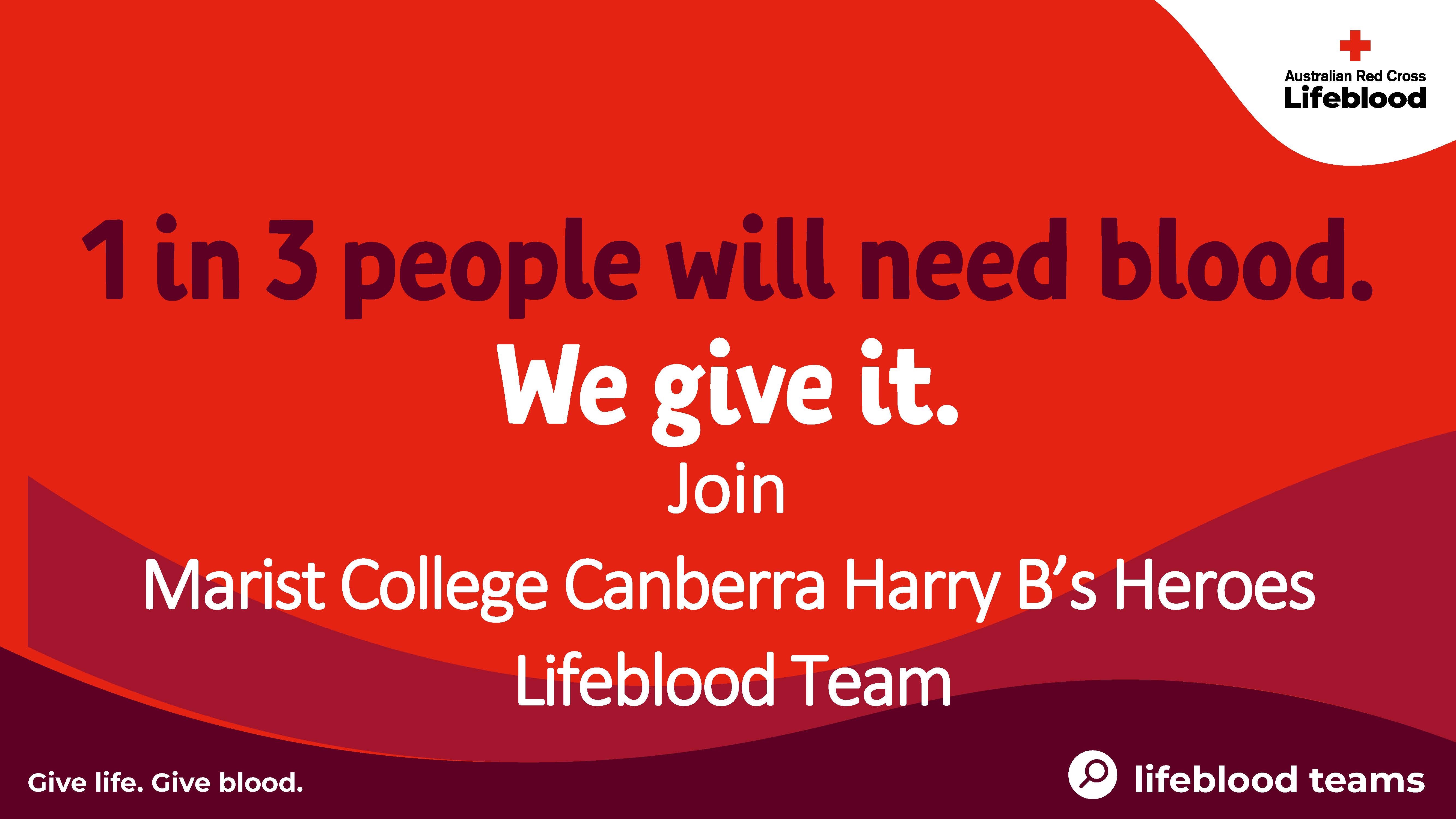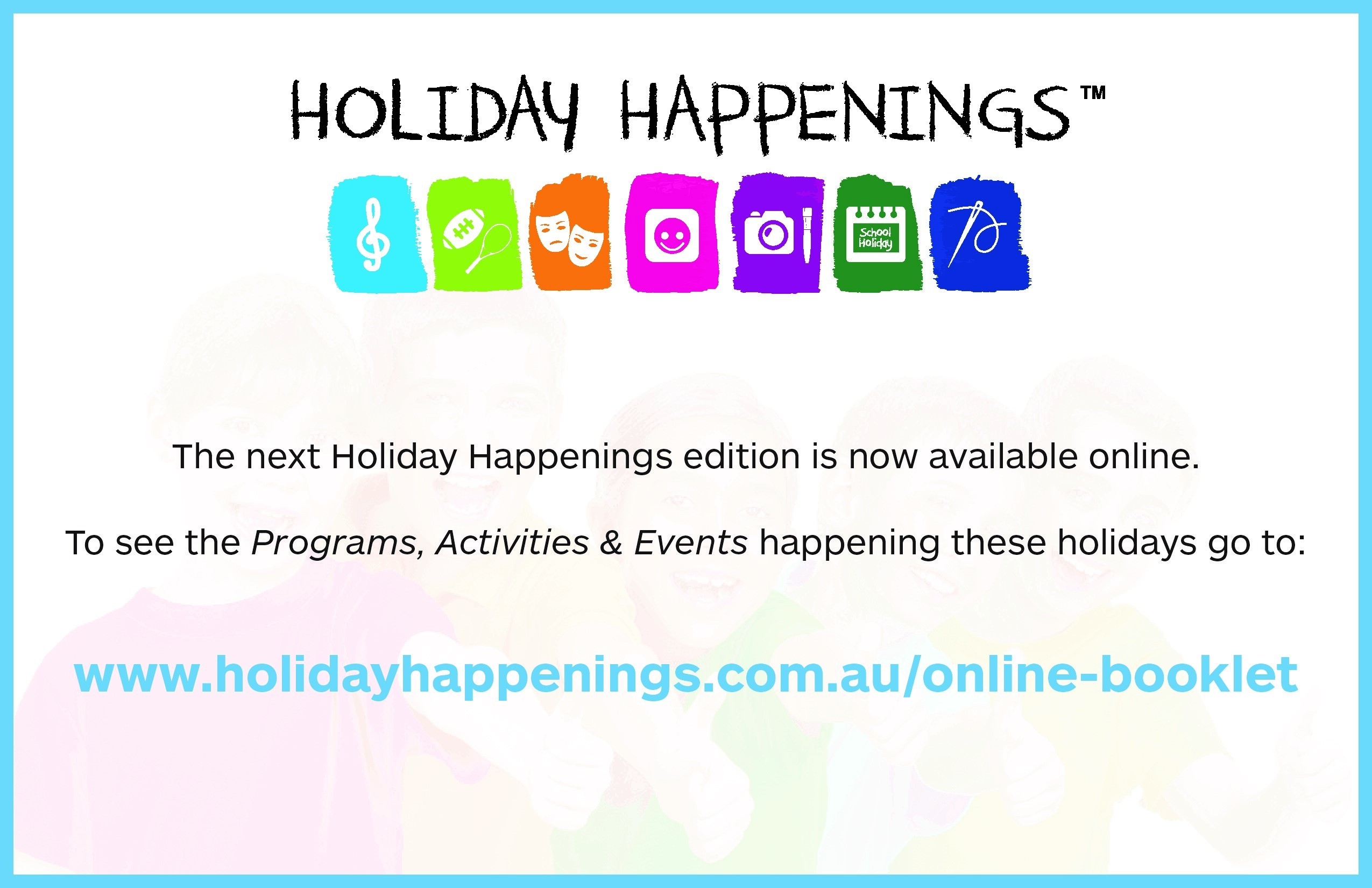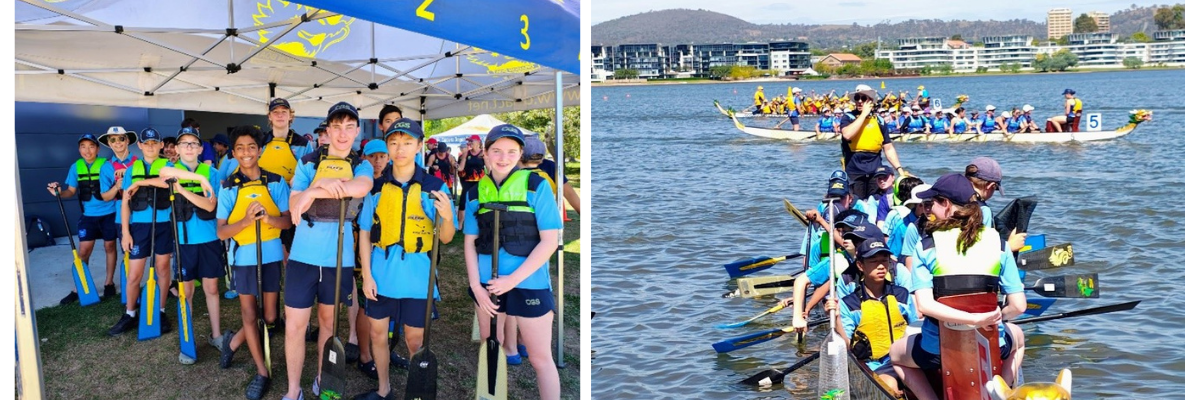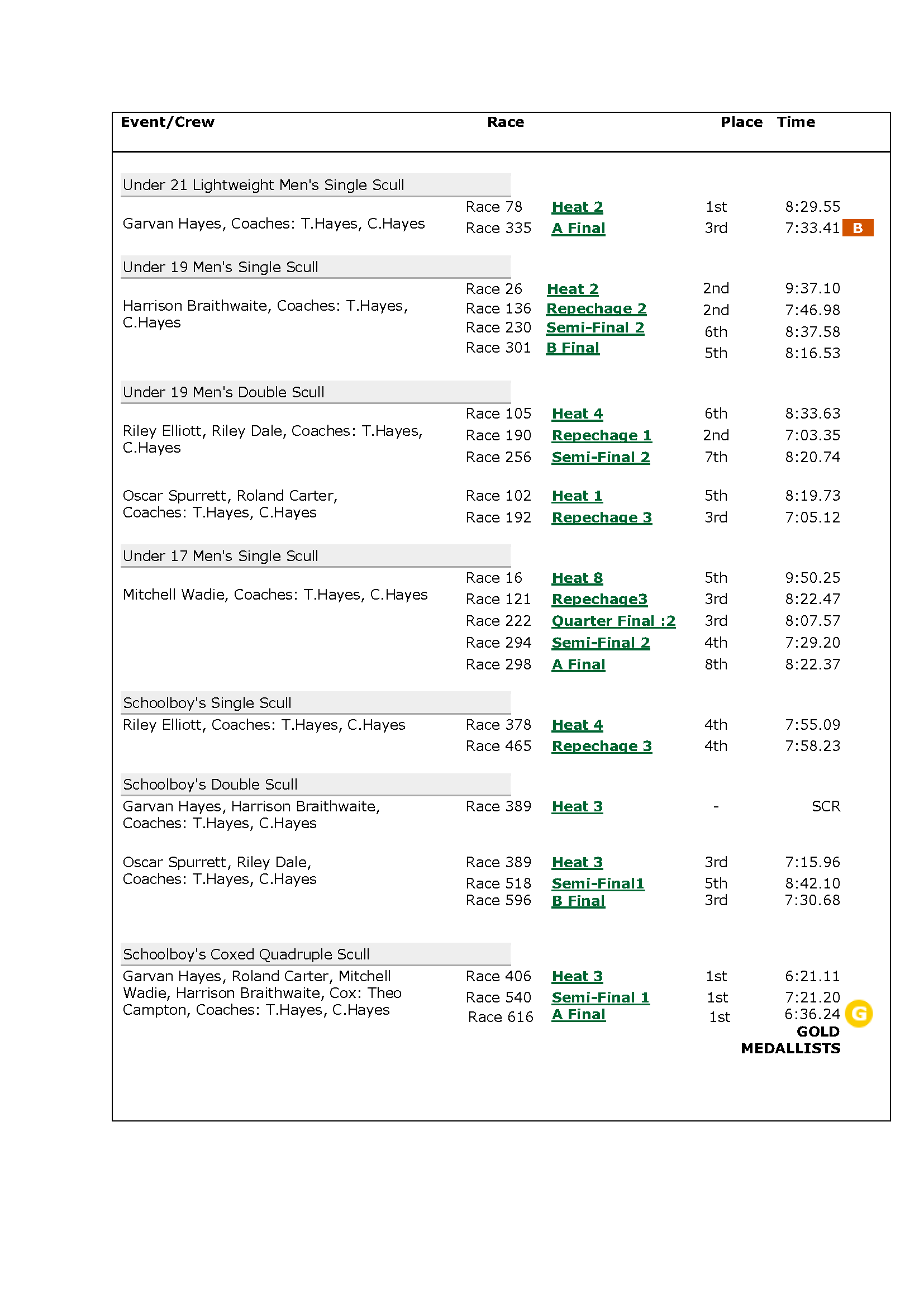Do we really know what our sons are seeing?
The recent Netflix series Adolescence tells the harrowing story of a 13-year-old boy accused of murdering a teenage girl from his school. It’s a powerful and deeply unsettling account that shines a light on the influence of social media, gender-based violence, and the dangerous radicalisation of young men.
What struck me most was that Jamie, the boy at the centre of this tragedy, comes from a stable, loving home. His parents are kind and caring; a family engaged, doing their best. They live in an ordinary house on an ordinary street—families not unlike many in our own school community. This is what precisely makes the series so disturbing. It suggests that even in homes where all appears well, danger can quietly creep in—often through a screen.
One of the most confronting moments is when Jamie’s father turns to his wife and asks, ‘Could we have done more?’ Together, they arrive at a painful truth: they let their son loose in a world they did not understand. They did not know what to look for, did not recognise the signs, and did not even know the questions they should have been asking.
In the final episode, Jamie’s mother reflects: ‘He never left his room. He’d come home, slam the door, straight up the stairs, on the computer.’ How many of us as parents have witnessed something similar?
The series does not claim to have all the answers—but it asks the right questions:
- Do we really know what our sons are doing behind closed doors?
- Do we understand what they are seeing online—and how it is shaping their view of the world, about women and the power of men?
These are uncomfortable questions, but important ones. It’s never been easy raising boys, and the digital world has only made it more complex. One helpful step we can take is getting technology out of their bedrooms and creating more space for open, honest and sometimes difficult conversations about what they are watching and engaging with online. If we imagine technology as a kind of “person” in their lives—one with immense power, deep knowledge of their habits, and a talent for influencing their thinking—we would want to be more present in that relationship. Not to ban or blame, but to guide. As parents and educators, we do not need to have all the answers—but standing beside our boys as they navigate this space makes a world of difference.
As a school, we are committed to working in partnership with parents as we raise boys to become fine young men. If this topic raises concerns for you—whether about your son’s online world, friendships, or wellbeing—please reach out. Our pastoral and counselling teams are here to support.
Let us continue to be vigilant, stay connected, and most of all, keep talking with our boys. Every small thing you do—every chat in the car, every boundary you hold, every moment you show up—matters. It all adds up. As confronting as this series is, it serves as a timely reminder that being a present and curious parent matters more than ever.
Matthew Hutchison
Headmaster
